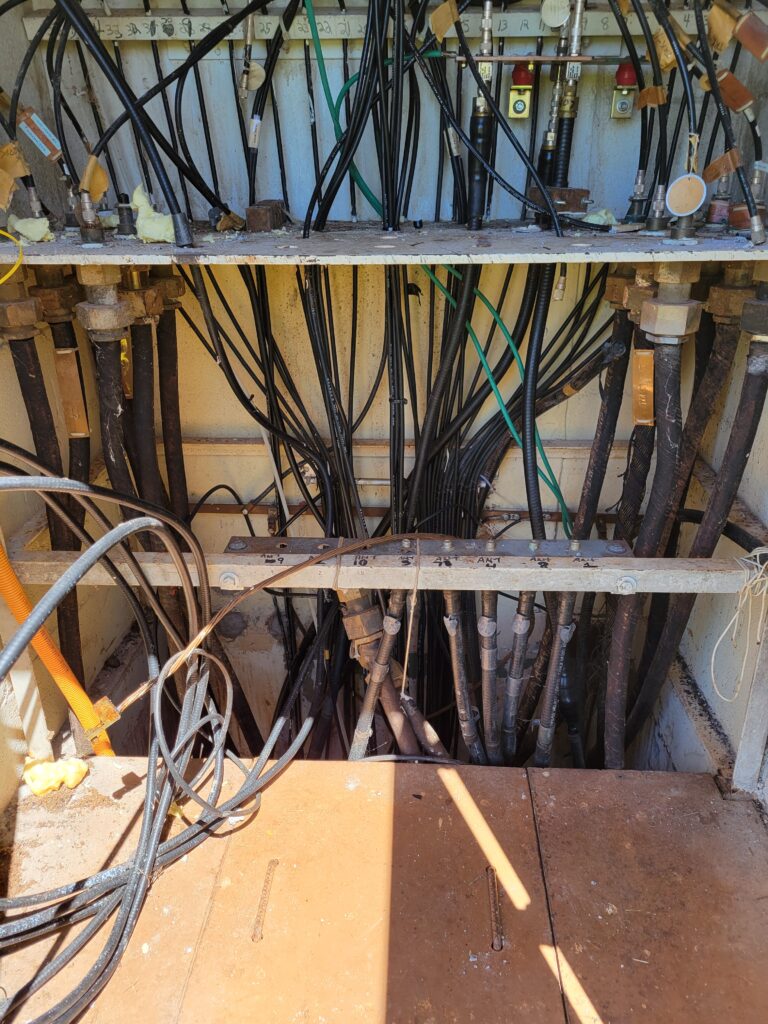Utilizing an underground utility locator on military projects offers numerous advantages, enhancing safety, efficiency, and overall project success. Here are some of the key benefits:
- Safety:
- Prevention of Accidents: Detecting underground utilities such as gas lines, electrical cables, and water pipes helps prevent accidental strikes, which can cause explosions, electrical hazards, and water leaks.
- Protection of Personnel: Reducing the risk of accidents protects the lives of military personnel and construction workers, minimizing the likelihood of injuries or fatalities.
- Cost Savings:
- Avoidance of Repair Costs: Preventing damage to underground utilities avoids the high costs associated with emergency repairs and potential service disruptions.
- Reduction in Project Delays: Identifying and mapping utilities before construction prevents unexpected obstacles, which can lead to costly project delays.
- Operational Efficiency:
- Accurate Planning: Knowing the location of underground utilities allows for more precise planning and execution of construction and excavation activities.
- Streamlined Workflows: Clear knowledge of utility locations enables more efficient workflow management, reducing the need for guesswork and rework.
- Regulatory Compliance:
- Adherence to Standards: Many regions have regulations requiring the identification and marking of underground utilities before excavation. Using a locator ensures compliance with these legal requirements.
- Documentation and Reporting: Proper identification and documentation of underground utilities assist in creating accurate reports and records, which are often necessary for regulatory and administrative purposes.
- Protection of Infrastructure:
- Preservation of Critical Services: Military bases and installations often rely on uninterrupted utility services. Identifying and protecting these utilities is crucial to maintaining operational continuity.
- Minimizing Disruptions: By avoiding utility damage, projects can proceed without causing disruptions to essential services such as communications, power, and water supply.
- Environmental Protection:
- Preventing Environmental Damage: Avoiding damage to sewer lines, fuel lines, and other utilities prevents potential environmental contamination, which could result in long-term ecological harm and costly remediation efforts.
- Enhanced Strategic Planning:
- Long-Term Project Viability: Accurate mapping of underground utilities is beneficial for future projects, ensuring that subsequent construction or expansion activities can be planned with full knowledge of existing underground infrastructure.
- Risk Mitigation: Identifying potential risks early in the project lifecycle allows for the development of mitigation strategies, reducing the likelihood of encountering unexpected issues during construction.
Incorporating underground utility locating technology into military projects is a proactive measure that enhances the overall safety, efficiency, and success of the operations, ensuring that critical missions and infrastructure development proceed smoothly and without unnecessary complications.
